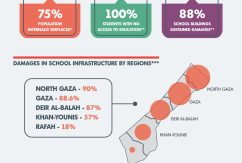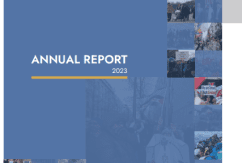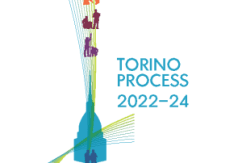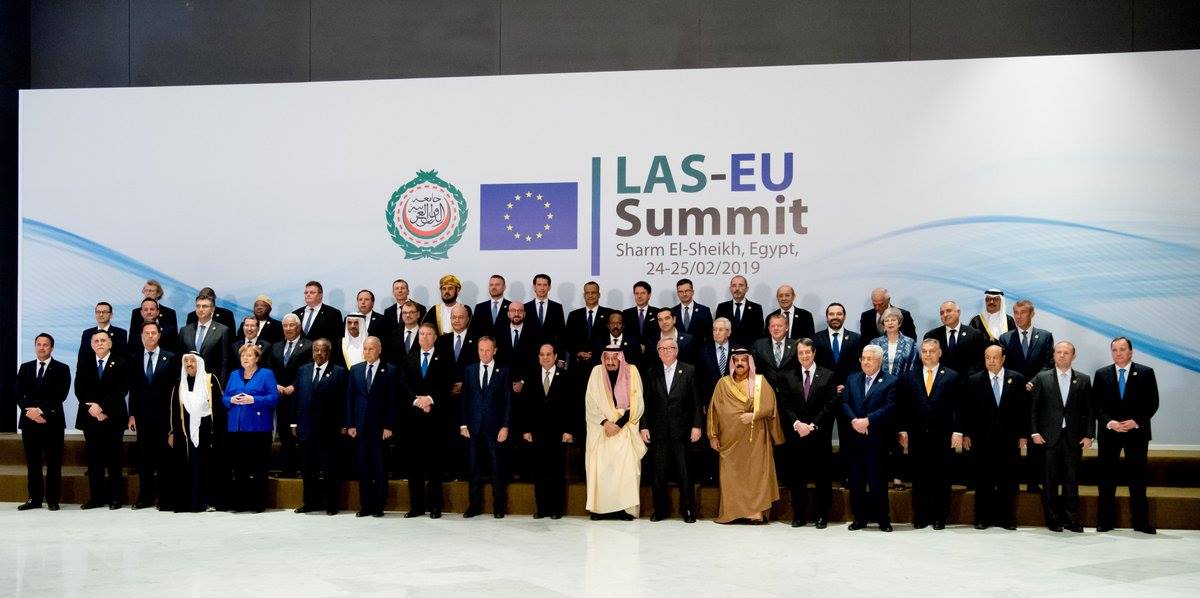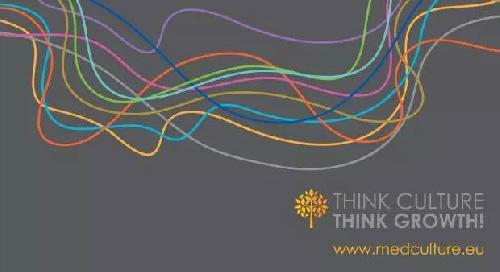Anna Lindh Foundation survey reveals that positive perceptions of the Mediterranean region outscore negative ones
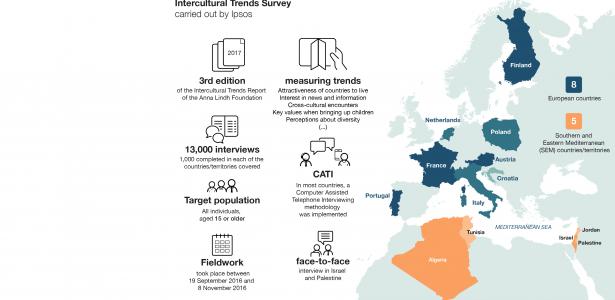
The results of a new survey on Intercultural Trends in the Euro-Mediterranean region launched by the Anna Lindh Foundation reveals that the region is not a victim of a clash of civilisations, as is often reported, but rather a ‘clash of ignorances’ based on historical stereotypes and the ‘culturalisation’ of conflicts promoted by some media and political narratives.
The survey investigated what people see as critical aspects of life in the Euro-Mediterranean region, and the key similarities and differences they find between themselves and those from other countries, cultures and backgrounds. It also examines trust of different types of media sources across different countries and age profiles.
More than 13,000 people across 13 countries were interviewed by Ipsos-Mori during the second half of 2016 for this study about their expectations, concerns and values. The countries studied included eight in the EU (Austria, Croatia, Finland, France, Italy, Poland, Portugal and The Netherlands) and five Southern and Eastern Mediterranean (SEM) countries (Algeria, Israel, Jordan, Palestine and Tunisia).
Some of the key findings of the survey were:
- Tolerance of those from different cultural backgrounds – on matters ranging from work contexts to marriage – exceeds 60%.
- The key qualities associated with defining the Mediterranean region are shared history, shared heritage, and shared way of life – especially cuisine.
- Migration, instability and conflict were also acknowledged as relevant aspects but to a much lesser degree.
- Print media is the second (40%) most trusted source for information in European countries. However in SEM countries only 15% of respondents think print is a trusted source.
- 37% of 15-29 year olds in SEM countries find Online Media and Social Media trusted sources of information about European countries.
- 8 out of 10 respondents think that education and youth programmes that foster youth-led dialogue initiatives would be ‘very’ or ‘somewhat’ efficient to prevent and deal with conflicts and radicalisation
- 9 out of 10 Europeans (92%) and SEM (88%) see the potential of cooperation in relation to opportunities for entrepreneurship, innovation and youth employment.
The survey reflects that levels of distrust are seemingly far greater among those who have taken input from media than among those who have reached their opinions without media influence.
Under this backdrop, the Anna Lindh Foundation is also launching a Media Observatory, attached to the Euro-Mediterranean Foundation, which will observe how media cover issues of intercultural relations and provide evidence-based resources and material for journalists and the media.
The key components of the Media Observatory will include:
- Media mapping and research; capturing existing good practice on cross-cultural reporting to feed into training programmes for media professionals
- Engagement of Journalism Schools with media dialogue, media research and curriculum development
- Media/CSO dialogues including creating a free and equal space to discuss “hot issues” such as migration, cultural stereotyping, mobility, shrinking space for civil society, media freedoms and professionalism (including social media), terrorism and radicalisation.
- Rapid response media mechanism to respond to headline news with a cultural dimension by supplying experts who can act as spokespeople and provide analysis
- Policy dialogues with media executives to engage influential senior members of the media in trends analysis and implications for media policy.
Read more
Anna Lindh Foundation – website
Anna Lindh Foundation on Twitter, Facebook, YouTube , Flickr








